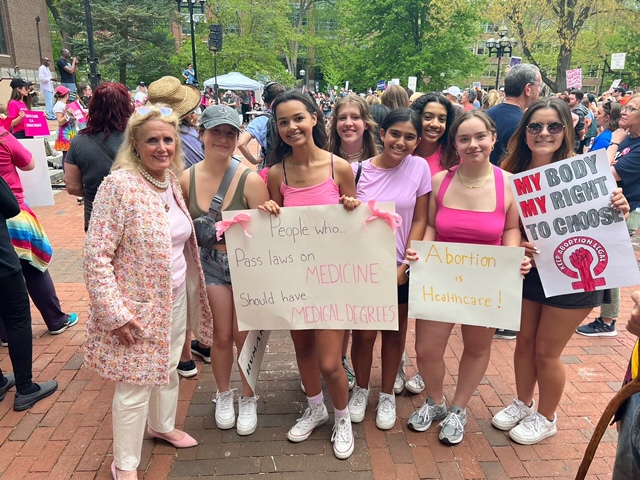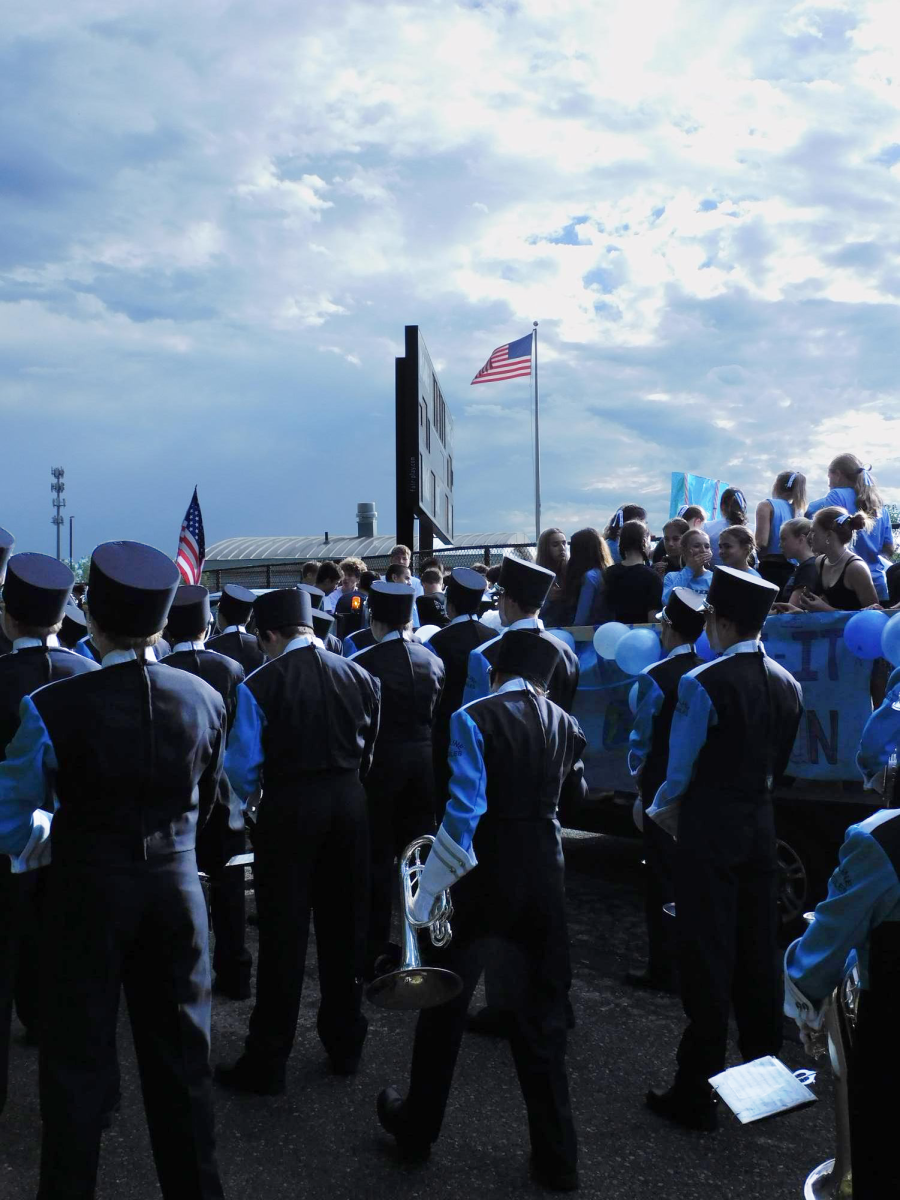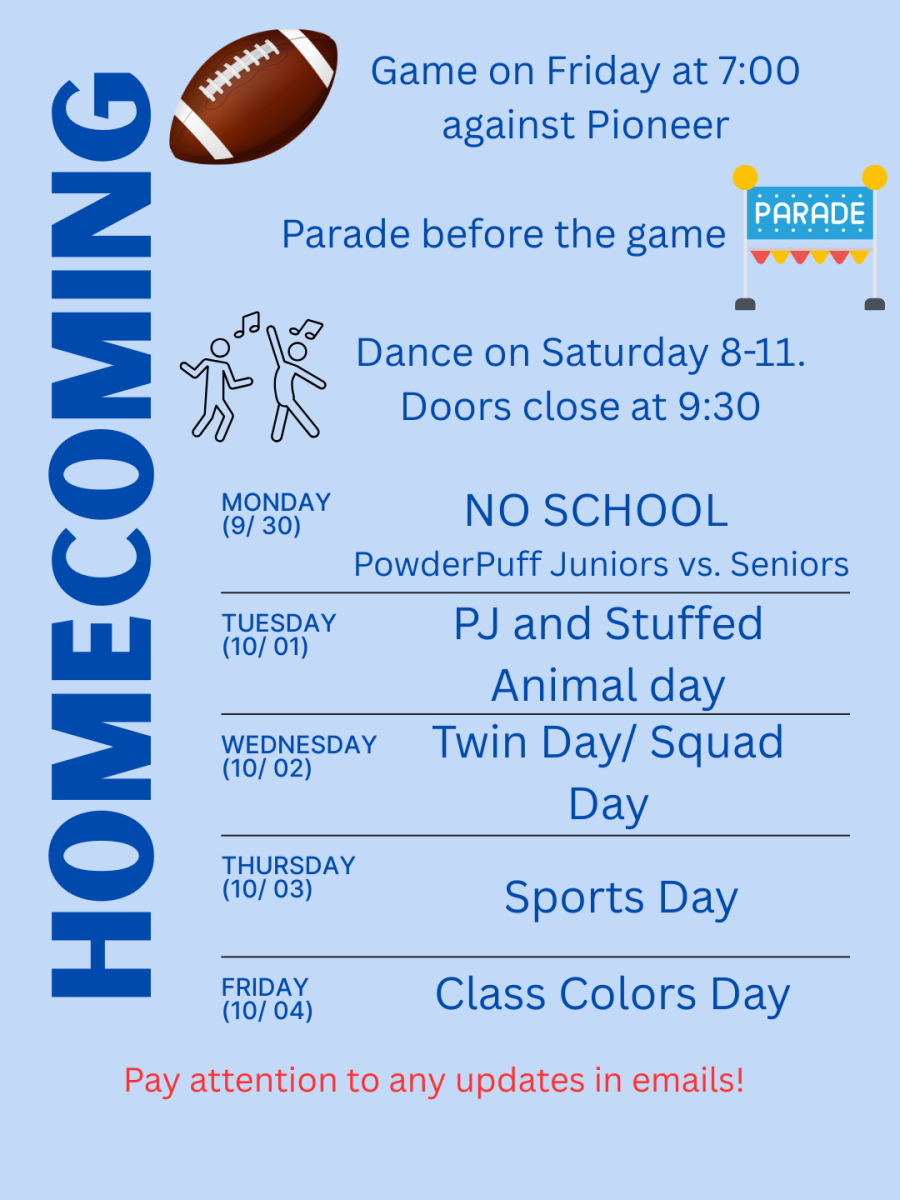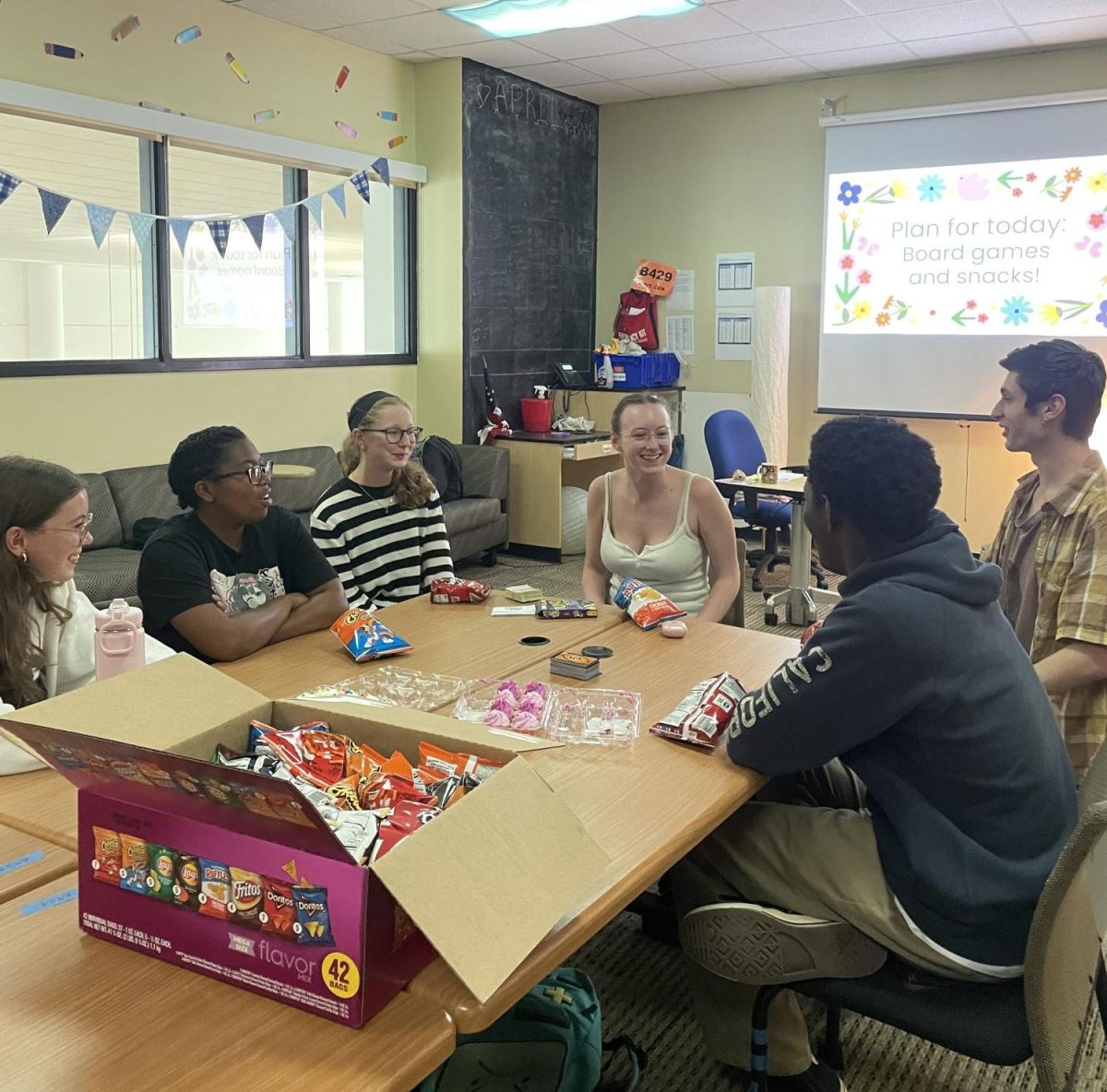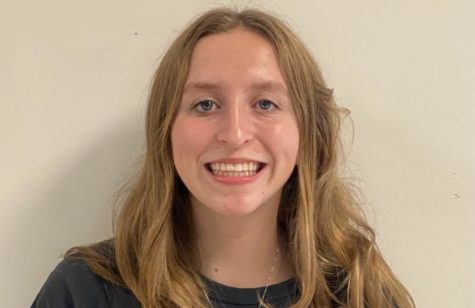Our parents used to tell us, “If you don’t have anything nice to say, don’t say anything at all.” But what constitutes if something is ‘nice?’ What if something that is nice to one person hurts someone else? More importantly, who gets to decide what is nice and what gives them the power to limit free speech?
Legally, the exceptions to the first amendment, which protects our freedom of speech, are incitement, defamation, fraud, obscenity, child pornography, fighting words, and threats. Incitement is defined as speech “directed at inciting or producing imminent lawless action” or “likely to incite or produce such action,” according to Britannica in an article on permissible restrictions on expression.
Similarly, defamatory lies, libel, slander, lying under oath, and fraud may also be punished by law. However, these exceptions to freedom of speech only restrict false information: “opinions may not be punished even if that perspective is widely seen as morally wrong” (Brittanica).
At The Skyline Post, we agree with the spirit of the first amendment and its exceptions. The ethical guidelines for any newspaper fall under the realm of “do no harm,” as should speech in any educational, recreational, or business setting. We believe free speech is only free when it does not disrupt the functioning of school or harm someone else in the community.
Legally, free speech is only restricted in public school settings once it “disrupts the functioning of the school,” according to the American Civil Liberties Union. However, these guidelines are vague, leaving room for interpretation. We believe students can exercise their right to speak about politics, religion, or sexuality without being outwardly harmful to others. For example, a t- shirt that says “Vote for Biden” is just as fair as a t-shirt that says “Vote for Trump.” However, the shirt becomes offensive and prohibited once it says “Trump supporters are stupid” or “liberals have a destructive agenda.”
There are two tiers when it comes to any public school decisions: the school board and school officials. The school board is like the government for public schools; they “define an educational philosophy that serves the needs of all its students and reflects community goals,” according to the National Coalition Against Censorship, a non-profit advocating for civil liberties. Then, the school officials – principals and teachers – enforce these directions. Though it is not always consistent with the case law, public school officials monitoring our speech for slander is a rule that was made to protect student’s safety. Judge Black, a justice on the Tinker Vs Des Moines (1969) case, wrote that “ the first amendment does not provide the right to express any opinion at any time.”
Bethel School District v Fraser (1986) decided schools could still forbid language on campus. A student promoted his friend’s election to student council by using a sexually explicit metaphor, resulting in his suspension for two days. The court ruled that the school was allowed to prohibit vulgar language on campus because it interfered with learning.
Morse v Fredrick (2007) established punishment for speech about illegal drug use on campus. A student held up a sign that said “bong hits 4 jesus” and the school suspended him for ten days. The court ruled this was justified because it was promoting illegal drug use, going against the school’s values, but that there is still a place in school for political statements that are not promoting harmful activities.
Hazelwood School District v Kuhlmeier (1988) allows for censorship of student speech in school publications. The principal of Hazelwood High School found two articles in the school’s newspapers issue to be inappropriate and demanded they be taken out. The newspaper students brought this to court and it was ruled that schools have the right to censor speech that does not promote the values of the school.
Should normal first amendment rights apply to public schools, or should school administrators be able to dictate what students are allowed to say, wear, and do? Though the line between activism and hate speech can be blurred, we generally agree that it should be case law for school officials to limit speech that affects other students’ ability to learn and their sense of safety within the walls of Skyline.

